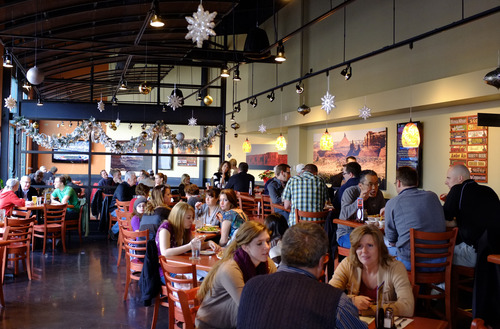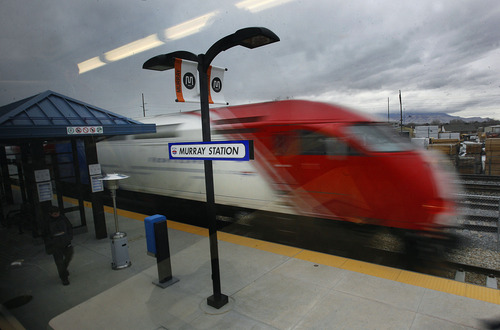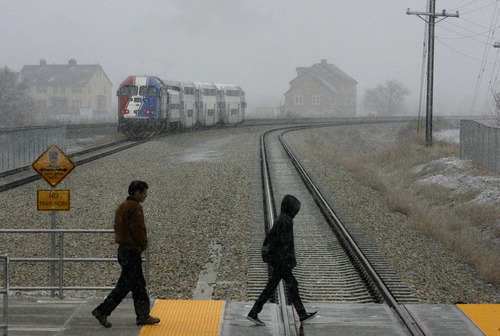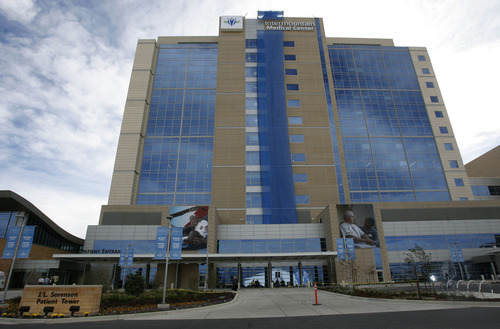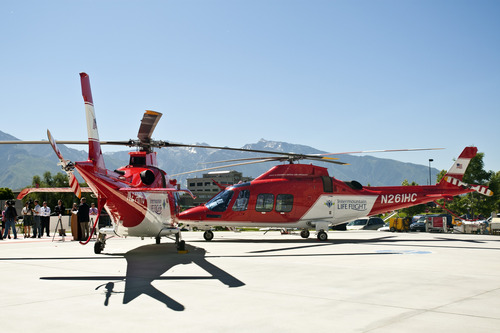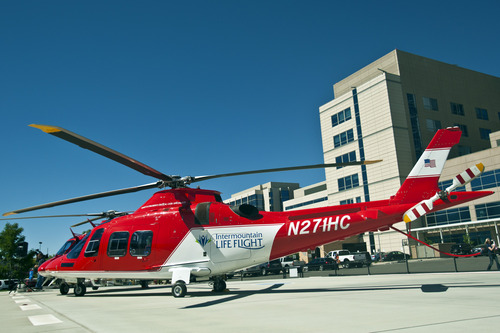This is an archived article that was published on sltrib.com in 2013, and information in the article may be outdated. It is provided only for personal research purposes and may not be reprinted.
This budget season, cities across Salt Lake County's midsection have begun to breathe a bit easier as revenues show small signs of growth.
"Everyone is pleased," said Cottonwood Heights Mayor Kelvyn Cullimore, reflecting on a $1.2 million drop in the city's budget caused by the 2008 recession.
"We had to cut back and are now leveling out," Cullimore said. "Excluding grants, we're not much more than about 5 percent higher than we were at the low point. We're still rebounding."
While property- and sales-tax revenues are showing modest increases, the gas tax that fuels Class C road funds has decreased due to more fuel-efficient vehicles on the roads. The Cottonwood Heights general fund budget for 2013-14 is just less than $15 million.
Municipal workers are getting good news in this east-side suburb with anticipated 2.5 percent wage increases.
Health-care and retirement costs continue to climb, cutting into dollars allocated for personnel costs. In the coming year, Cottonwood Heights will scale back from 90 percent city-paid, 10 percent employee-paid, to an 80-20 split.
After surviving lean years, Holladay — Cottonwood Heights' neighbor to the north — also is enjoying an improving economy.
In the past year, general-fund revenues are projected to grow by about $1.4 million in this city of about 27,000. The city's tentative $13.3 general-fund budget gets much of that boost from increased business license, building permit and plan-check fees.
"We're looking at employee raises," Holladay Mayor Dennis Webb said, "but the budget wont be finalized until mid-June."
About 47,000 people live in Murray, a midvalley city with smelter roots and a booming crop of mass-transit and commercial development. Its general-fund budget of $41 million shows only slight improvement, reflecting the same forces at work as in Cottonwood Heights.
Mayor Dan Snarr's proposed budget includes a combination of merit raises, hourly wage boosts, market adjustments and cost-of-living increases to compensate city employees for the past three years of flat pay.
Murray Council members recently agreed to Snarr's plan and also sided with him on the city shouldering the $550,000 in increased health-care and retirement costs. A new civil-engineer position will also be added to the Public Services Department.
"We had our budget reconciliation meeting last night," Councilman Jim Brass said Friday. "It was long, but went very well and we didn't change much."
Snarr left the door open for the city to fund $364,000 in operation expenses for UTOPIA, a controversial and cash-strapped fiber-optic network made up of several Wasatch Front "member" cities.
The City Council opted to shut that door.
"How do we give that money to UTOPIA to pay their people," Brass said, "when we really need to pay our people?"
Midvale, a city south of Murray where about 28,400 people reside, balanced its tentative general-fund budget of about $16.6 million without raising taxes or siphoning dollars off its fund balance, said Mayor Joann Seghini.
Midvale, also a UTOPIA member, allocated $125,000 for its share of the network's operating expenses this year.
Midvale also intends to reinstate merit raises, a dim memory for most employees.
"They haven't had those for a while," Seghini said, adding that health-care costs remained "pretty stable at this time."
Twitter: @catmck


